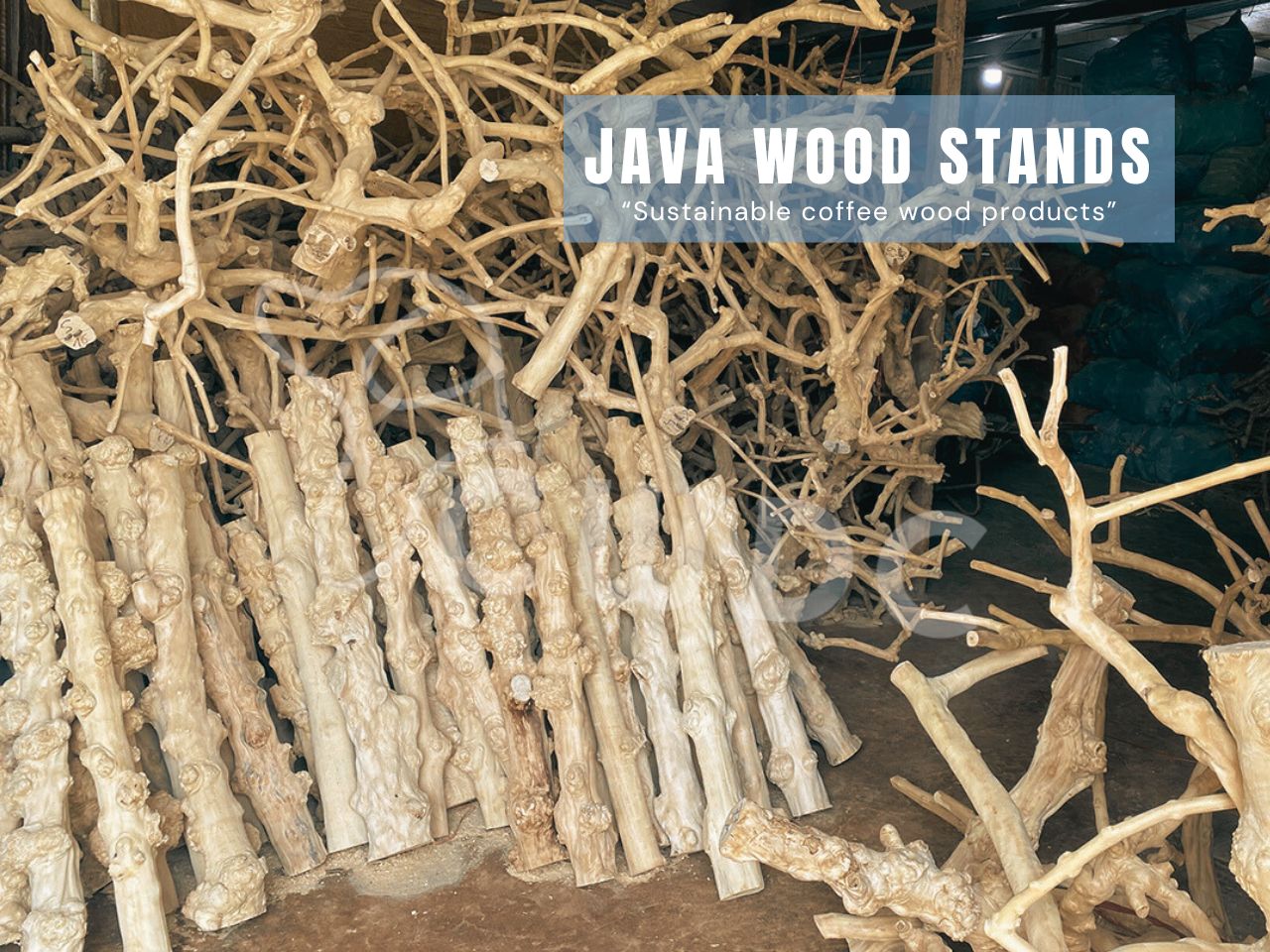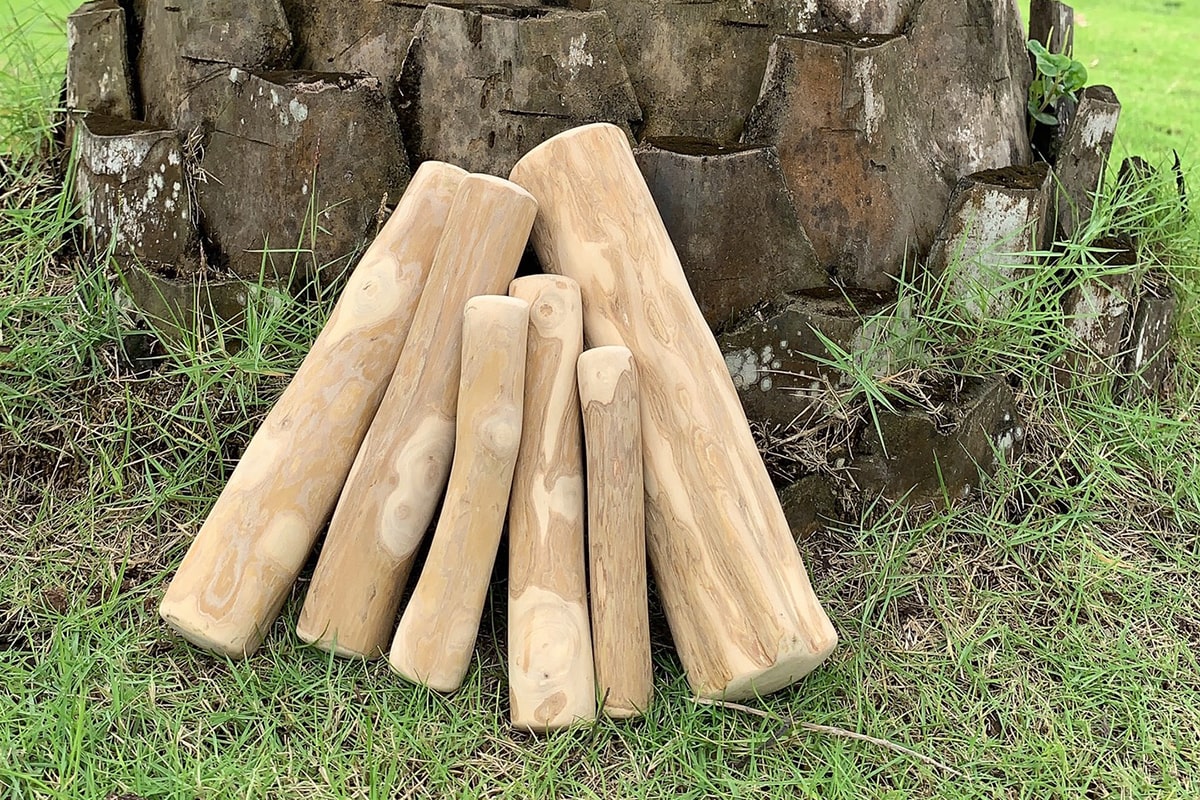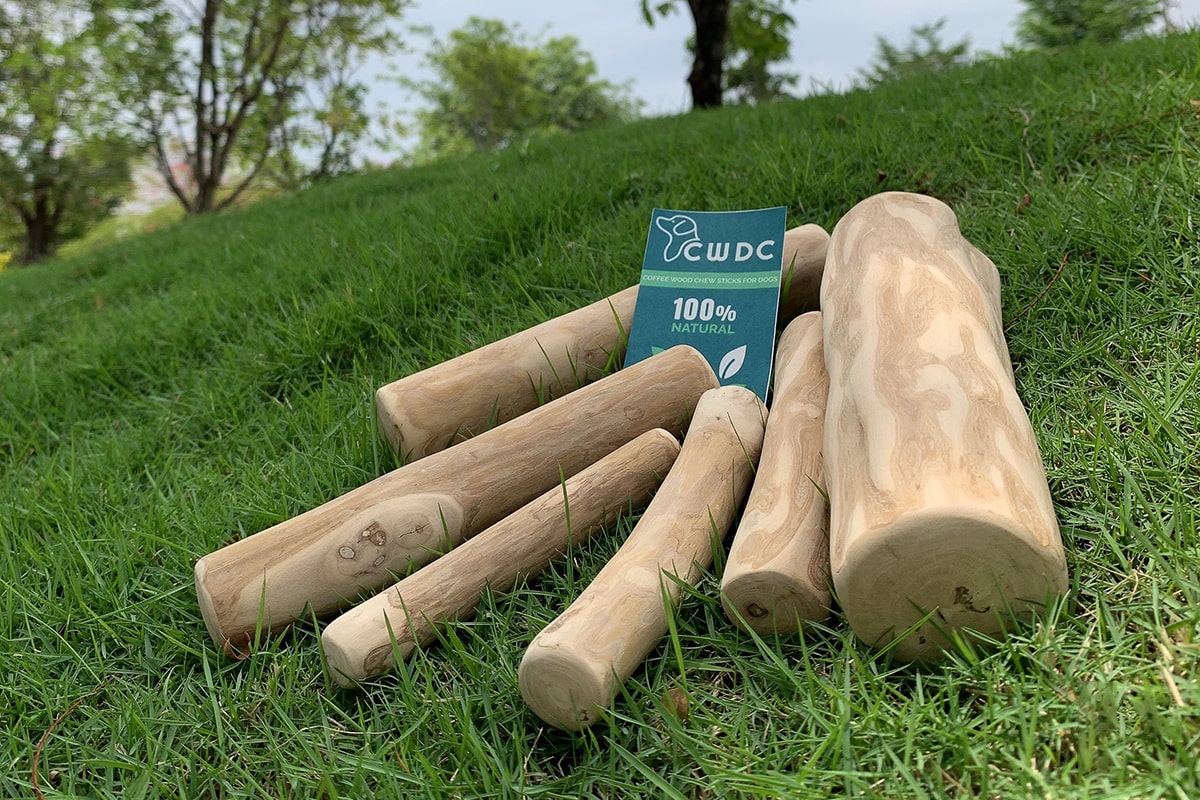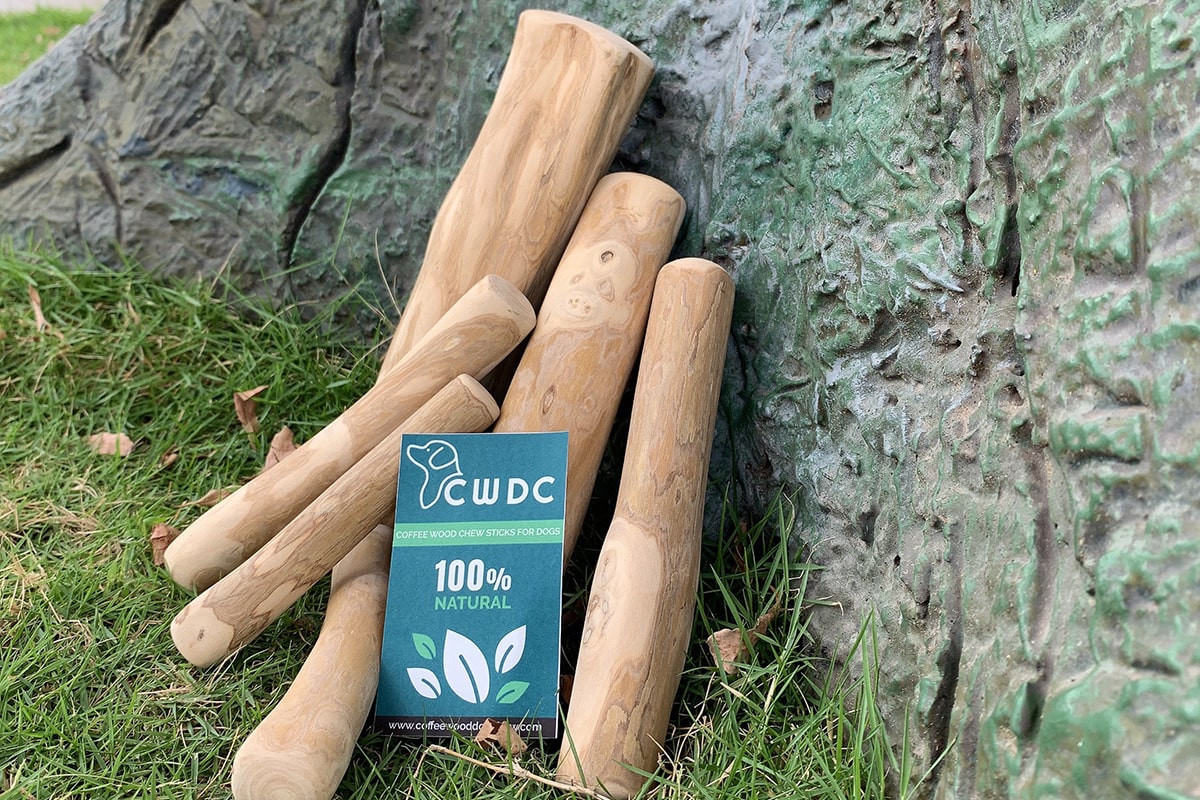As environmental awareness grows, more bird owners are asking important questions about where their pet products come from, and what impact those choices have on the planet. Java wood bird stands, known for their durability and natural beauty, are also gaining attention for another reason: sustainability.
Java wood, also known as coffee wood, is a byproduct of the coffee farming industry. Rather than being harvested from living forests, it is sourced from old, unproductive coffee trees that farmers replace to keep plantations productive. This repurposing process creates an eco-friendly cycle that benefits the environment, local economies, and your birds. In this article, we’ll explore the environmental impact of Java wood, how it is sustainably sourced, and why it’s a responsible choice for eco-conscious bird owners.
1. What is Java Wood?
Java wood comes from the trunks and branches of coffee trees that are typically 20 years or older. As these trees age, they become less productive and are usually removed to make space for young, higher-yield trees. Instead of discarding or burning the old wood, common practices in many agricultural areas—Java wood is salvaged, dried, and handcrafted into bird stands, perches, and toys.
Key Characteristics:
- Hard and dense: Ideal for birds that love to chew and climb.
- Rich in natural texture: Provides great foot exercise for birds.
- Long-lasting: Far more durable than many other natural perches.
- Eco-friendly origin: Comes from an existing agricultural process, not deforestation.
2. An Eco-Conscious Alternative to Traditional Wood Harvesting
Unlike exotic woods like teak or mahogany, which are often sourced through logging, Java wood has no direct link to deforestation. It is a byproduct of routine agricultural maintenance. Each Java wood stand you purchase effectively upcycles wood that would otherwise be discarded or destroyed, turning waste into something useful and beautiful.
Benefits Compared to Traditional Logging:
- Zero forest destruction – No untouched ecosystems are harmed in the process.
- Carbon footprint reduction – Repurposing wood emits fewer carbon emissions than harvesting fresh lumber.
- Promotes land efficiency – Encourages sustainable agricultural cycles rather than land clearing.
3. Supporting Regenerative Agriculture
Coffee plantations must constantly rejuvenate themselves to remain productive. Cutting down unproductive trees and planting new ones is part of regenerative agricultural practices. By creating a market for Java wood, bird product manufacturers provide financial incentives for farmers to manage their land responsibly.
- Supports long-term soil health and plant diversity.
- Provides additional income streams for smallholder farmers in Vietnam.
- Encourages environmentally sound land-use planning by minimizing waste.
4. Longevity = Less Waste
Java wood products are famous for their exceptional durability, which translates directly to a reduced environmental impact. When bird owners invest in a Java wood stand, they are far less likely to replace it frequently.
- Fewer resources used over time (no need for frequent replacements).
- Less packaging waste generated across the product’s lifespan.
- Encourages slow consumption, which is key to sustainability.
5. Safe, Non-Toxic Material Without Harmful Treatments
Many bird stands made from plastic, metal, or treated wood can pose environmental hazards due to chemical coatings, synthetic adhesives, or dyes. Java wood stands are free from toxic treatments, making them not only safe for birds, but safer for the planet when eventually discarded.
- No paints, glues, or varnishes that can leach into water or soil.
- Biodegradable and compostable at the end of its life cycle.
- Minimal impact on ecosystems compared to synthetic materials.
6. What Makes Java Wood “Sustainably Sourced”?
The term “sustainably sourced” means the material is gathered in a way that meets current needs without compromising future resources. For Java wood, this includes:
- Harvesting only from retired coffee trees, not live forests.
- No clear-cutting or habitat destruction involved.
- Ethical partnerships with local farmers and woodworkers.
- Minimal processing, keeping the environmental footprint low.
We go a step further by working with certification bodies and following fair-trade guidelines to ensure transparency.
7. How to Identify Eco-Friendly Java Wood Products
Not all Java wood products are created equally. Here are tips for making a genuinely responsible choice:
- Look for companies that disclose their sourcing practices and origin.
- Favor brands that support local communities and ethical labor.
- Avoid products that are painted, heavily coated, or made from composite wood.
- Choose handcrafted over mass-produced items when possible.
8. A Small Change with a Big Impact
Choosing sustainably sourced Java wood bird stands is one small step bird owners can take toward eco-conscious living. It’s a meaningful decision that supports sustainable agriculture, reduces waste, and creates positive ripple effects throughout the supply chain.
By opting for a product that reuses rather than extracts, you’re participating in a more circular economy, where materials are kept in use for as long as possible, minimizing harm to the planet.
Conclusion
Java wood bird stands represent a rare synergy between ethical sourcing, environmental responsibility, and functional design. They’re not only one of the best products for birds in terms of durability, safety, and enrichment, but they also align with the values of sustainability, zero waste, and community empowerment.
For bird owners who care about both their pets and the planet, Java wood offers a responsible and rewarding solution. When you choose a Java wood bird stand, you’re not just enhancing your bird’s quality of life—you’re supporting a better future for the environment and the people who help bring these beautiful products to life.
Related Posts:
- Java (Coffee) Wood Tree Bird Perch / Artificial Java (Coffee) Tree Plant for Home Decor Indoor or Outdoor Office…
- Are coffee wood chews safe for dogs ? A Comprehensive Look
- The Sustainability of Coffee Wood Harvesting and Its Long-Term Impact
- Java Wood Bird Stands: Aesthetic and Functional Benefits for Your Home
- Coffee Wood from Vietnam: The Ideal Material for Dog Chews
- The Economic Value of Aged Coffee Wood and Its Rising Demand









